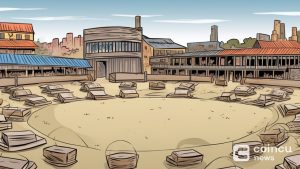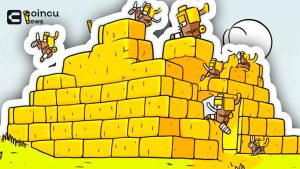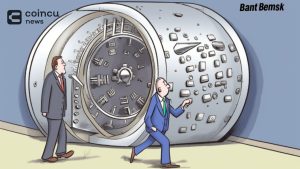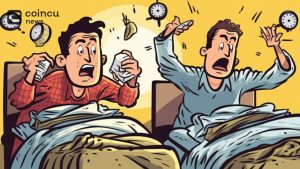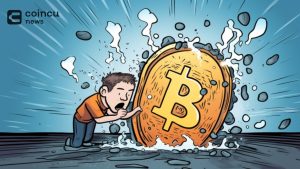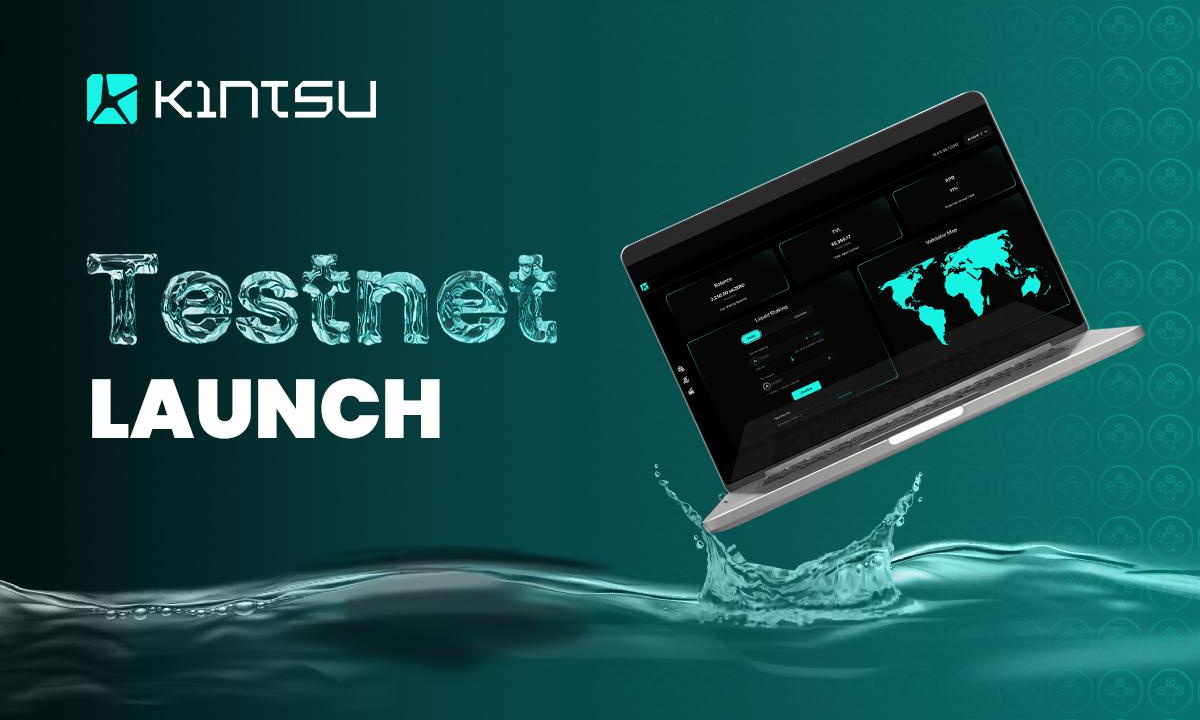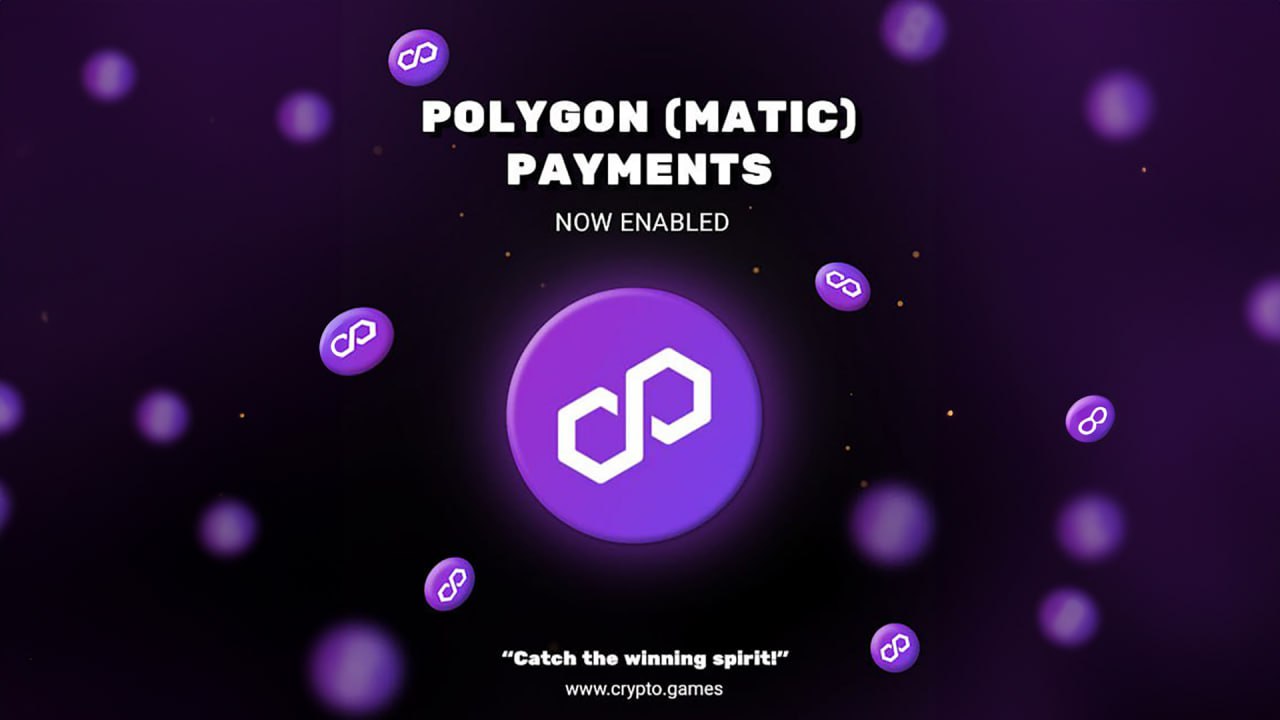Ripple vs. SEC Lawsuit: 2nd Circuit Of XRP Sales Are Not Securities
Key Points:
- In a fresh development in the Ripple-SEC litigation, pro-XRP lawyer John Deaton contends that the SEC fails to apply the Howey Test to each transaction and that secondary XRP sales do not qualify as securities.
- He cites the Second Circuit, stating that securities legislation does not apply when a purchaser intends to use or consume the acquired object.
- The Ripple vs. SEC dispute, which has gone on for much too long, is anticipated to be resolved shortly.
In a recent step in the continuing legal dispute between Ripple and the Securities and Exchange Commission of the United States (SEC), John Deaton, the founder of CryptoLaw and a pro-XRP lawyer, has made a bold remark hinting that the SEC cannot explain secondary XRP transactions as securities.
Deaton provided a hypothetical scenario of a progressive migration of XRP as a form of payment from Ripple down to four other businesses in response to a Twitter post made by Marc Fagel, a former partner with the law firm of Gibson.
He pointed out that secondary XRP sales are not securities. Additionally, the CryptoLaw founder cited the 2nd Circuit, which provides that securities legislation does not apply when a purchaser is motivated by a desire to utilize or consume the thing acquired.
Deaton has previously questioned SEC head Gary Gensler on the Howey Test and his attitude to crypto. According to him, Gensler has a different idea about how cryptocurrencies should be classed and regulated, which has caused him to deviate from the court’s definition of securities from 1946 in relation to the Howey Test.
A transaction is security, according to the Howey Test, if it is an investment of money in a common business with a reasonable expectation of benefit obtained from the labor of others. Deaton said that the four other businesses that acquired XRP tokens cannot logically be in the same business as Ripple Labs.
“If you don’t apply Howey at the time of each transaction and XRP is a security per se b/c Ripple sold to a guy named Johnny Crypto then, in effect, Johnny Crypto, his employee, the employee’s friend, Jeremy Hogan, Uphold, and TapJets are all in a common enterprise w/Ripple,” Deaton explained.
The Ripple vs. SEC litigation concerning the selling of XRP as unregistered securities has dragged on far too long and should be resolved in the next months. The publishing of the Hinman speech, despite the regulator’s opposition, has proved to be a major changer in the ongoing case.
DISCLAIMER: The information on this website is provided as general market commentary and does not constitute investment advice. We encourage you to do your own research before investing.
Join us to keep track of news: https://linktr.ee/coincu
Harold
Coincu News











